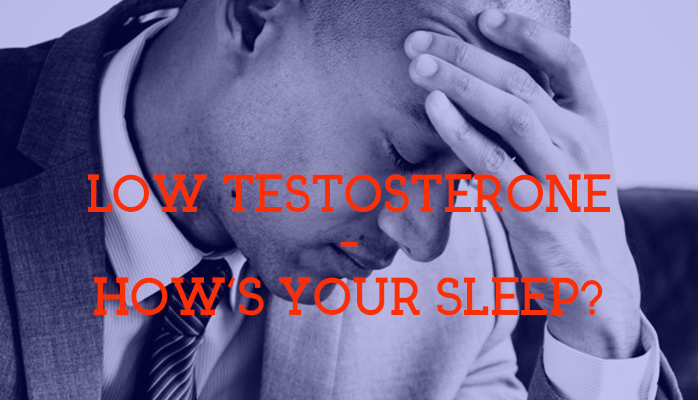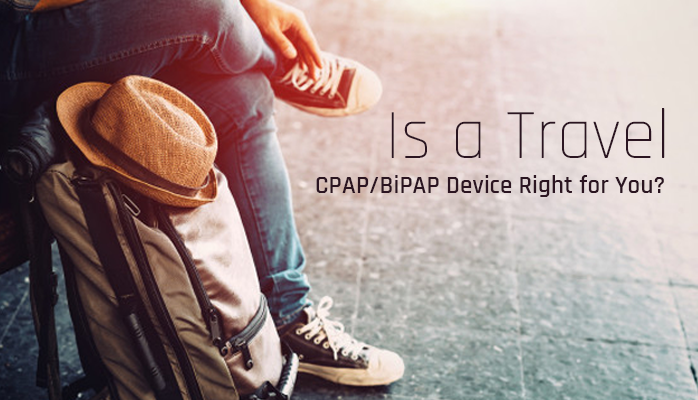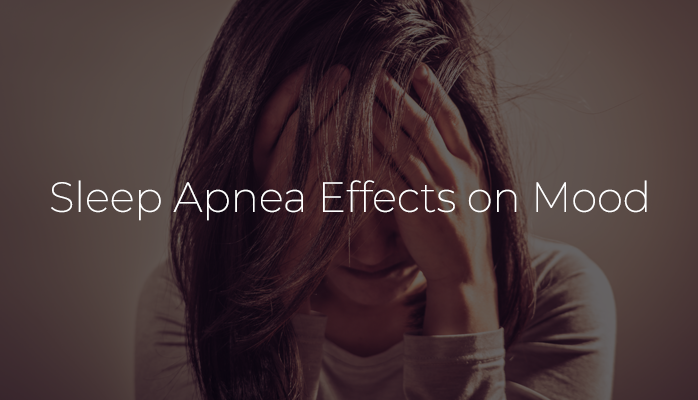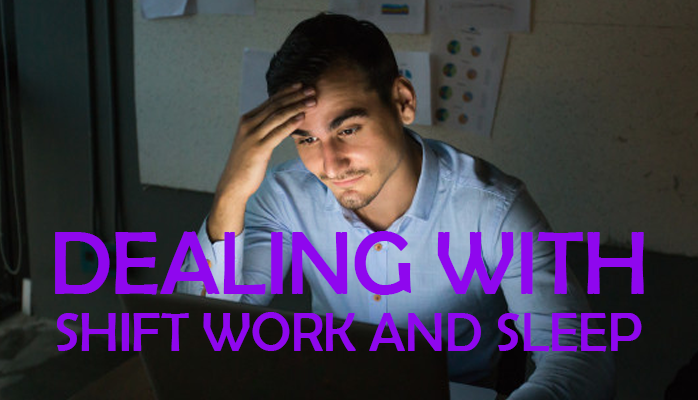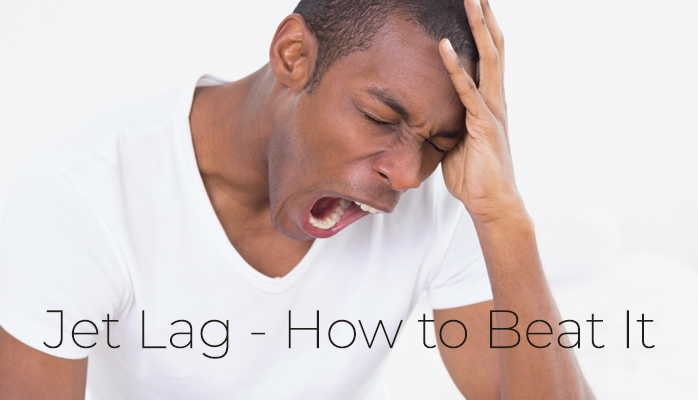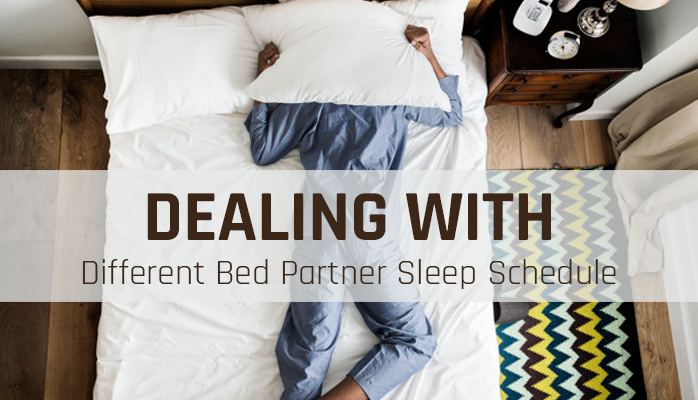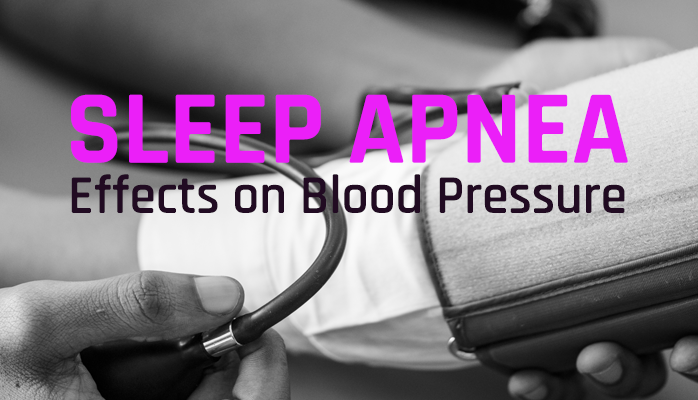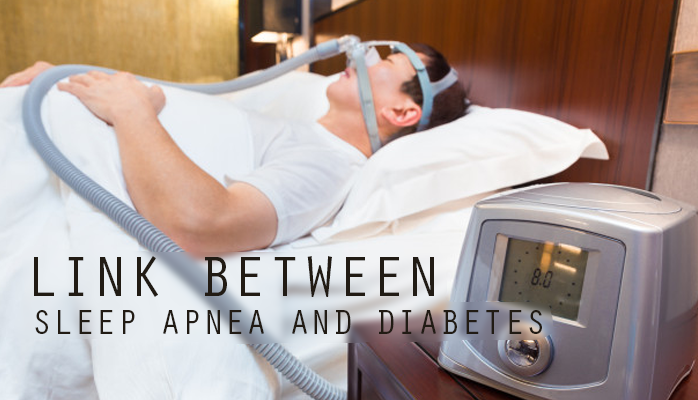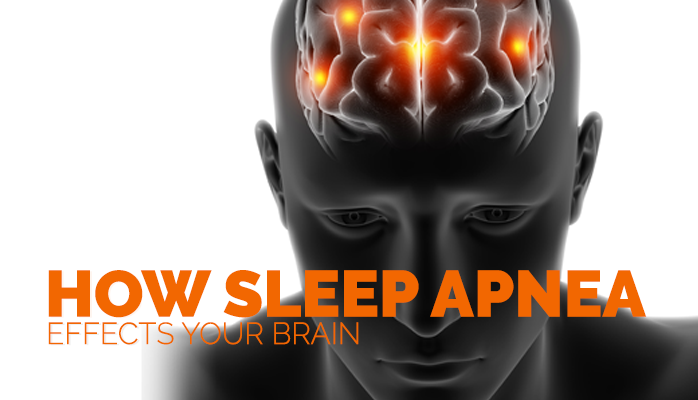If sleep is being sacrificed on a consistent basis, it's likely that individual is suffering from weariness and reduced alertness. Extreme fatigue may also lead to irritability, depression, headaches, loss of appetite, and the development of more serious health issues. However, many don't speculate that their lack of sleep may be causing low testosterone. In fact, new studies show that poor sleep may be directly linked to lowered levels of testosterone in men.
In a study by the National Heart, Lung, and Blood Institute, losing sleep can impact testosterone in as little as one week. Like with many simultaneously occurring conditions, there is a comorbidity that exists between fatigue and hormone levels. There is little doubt, however, that sacrificing sleep has the ability to cause a drop in testosterone levels.

